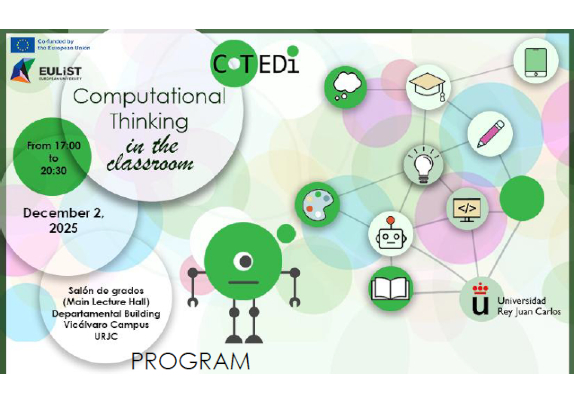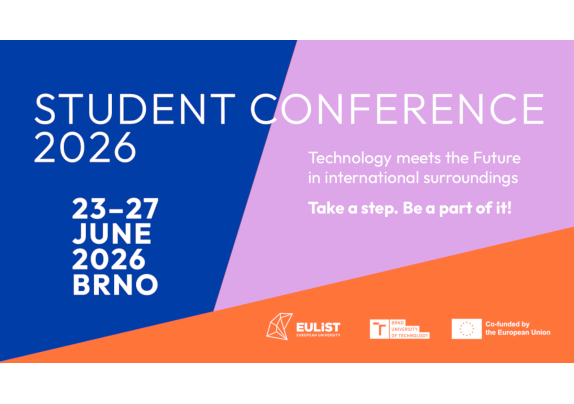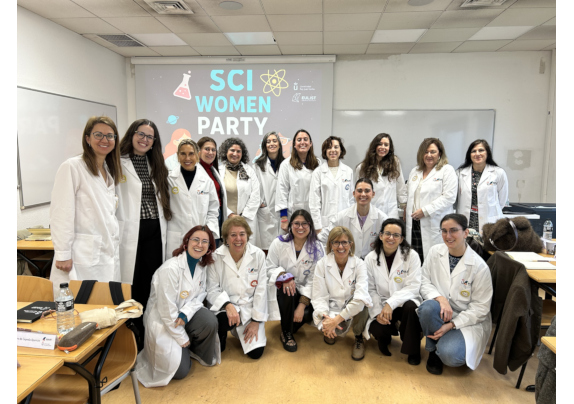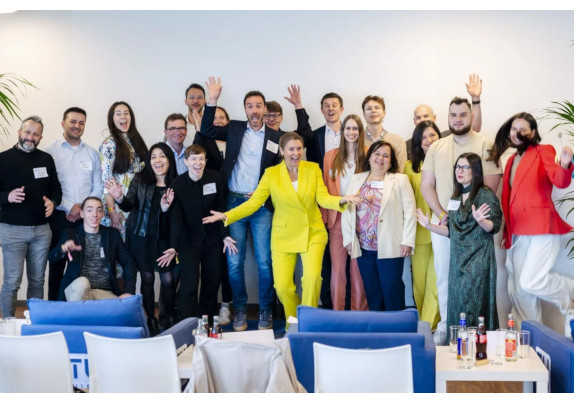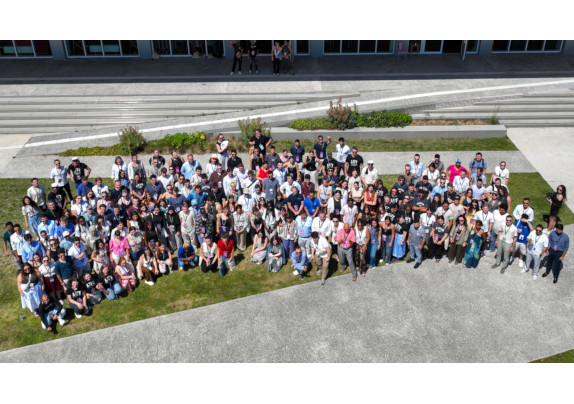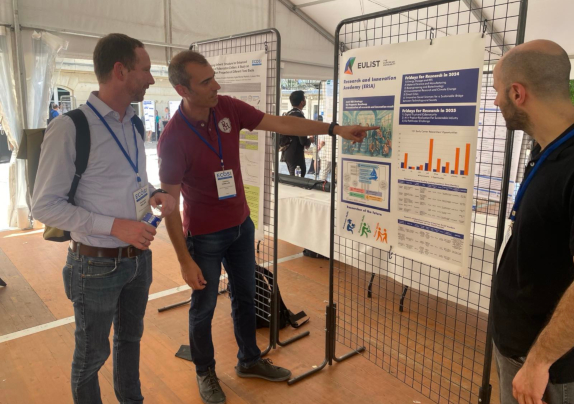URJC Launches Event on Computational Thinking in the Classroom on 2 December 2025
The Rey Juan Carlos University, through the COTEDI group, announces the upcoming event “Computational Thinking Education for Diversity and Inclusion,” an initiative focused on the role of Computational Thinking in the classroom and its impact on fostering educational inclusion and diversity.
The event is open to the entire academic community—students, researchers, and administrative staff—who are interested in promoting inclusive practices within their universities.
The full programme is now available, and participants are invited to register until the 30th at 23:00 (CET) through the following link:
👉 Registration form: Computational Thinking Education for Diversity and Inclusion
After the registration period closes, all registered participants will receive the ZOOM access link and further instructions by email.
Discover the programme below:
17:00 – 17:10 OPENING OF THE EVENT
17:10 – 17:20 Bernardino Muñoz Valadés
The European Alliance EULIST
The European Alliance EULiST, of which URJC is a member, is a group of 10 European universities comprising a total of 200,000 students. One of its main focuses is sustainability, connecting STEM knowledge with the Social Sciences and Humanities (SSH) to develop solutions to today’s and tomorrow’s major societal challenges—in particular climate change, the digital transition, and social cohesion. EULiST promotes challenge-based learning to educate future generations of students, researchers, academics, and lifelong learners in order to build a more sustainable and globally engaged Europe.
17:20 – 17:45 María Zapata Cáceres
What is Computational Thinking? The CoTEDI Project
We present the CoTEDI project: Computational Thinking in Education with Diversity and Inclusion. Our goal is to create accessible educational packages for developing Computational Thinking in the classroom, as well as teacher training in this competence.
17:45 – 18:15 Gema Jiménez González
CodeFarm: an educational proposal for computational thinking in early childhood
CodeFarm is an educational application designed to introduce computational thinking to children aged five to seven through video games. It develops key skills such as sequencing, problem decomposition, and data analysis, and adapts to pre-literate children. We will address how accessible design and a video game approach enable young learners to develop digital competencies from an early age.
18:15 – 18:35 Emy Quintanar Ferreira
Attention! Little ones programming
Computational thinking allows us, from very early ages, to bring many kinds of learning to students within a playful approach that increases their interest and, as a result, improves the teaching–learning process.
18:35 – 18:55 Marta Torres Bañón and Elisabet Montesinos Nicás
Think, create, and play: introducing computational thinking with True True in Primary Education
In this talk we will explore how True True devices can become a powerful tool to develop computational thinking from the early years of primary school. Through playful, hands-on activities, students learn to sequence actions, recognize patterns, and solve problems creatively—without screens. We will reflect on how to integrate these experiences in the classroom, connect them to curriculum areas, and foster autonomy, collaboration, and technological curiosity from an early age. We will also share practical examples and real activities that show that programming also means thinking, creating, and playing.
18:55 – 19:05 BREAK
19:05 – 19:25 Laura Guijorro Ramos
Multiples calculator, technology, and play in primary education
Discover how programming and computational thinking can become powerful allies in the classroom. Did you know that concepts such as prime and composite numbers, multiples and divisors, or even electrical circuits can come to life through technology? In this talk we will explore activities that connect mathematics with robotics, electronics, and basic programming. An invitation to look at the curriculum with new eyes… Are you interested?
19:25 – 19:45 Belén Orihuela Pantoja
Time Travelers: a practical proposal to work on computational thinking through the Ages of History in primary education
In Time Travelers, Computational Thinking is developed without screens through unplugged activities: building prehistoric shelters with LEGO, designing symmetrical heraldic shields, creating Renaissance choreographies, and deciphering messages in Morse code, culminating in a collaborative timeline. These proposals develop decomposition, pattern recognition, algorithmic thinking, and debugging, with high student motivation and improvement in historical chronology and computational skills.
19:45 – 20:00 AWARDS CEREMONY
20:00 – 20:20 Presentation of the first-prize winning experience
20:20 – 20:30 CLOSING OF THE EVENT
URJC encourages members of the educational community to join the event and help disseminate this initiative within their Schools/Faculties of Education and among colleagues involved in inclusion and diversity projects. We look forward to seeing you!

